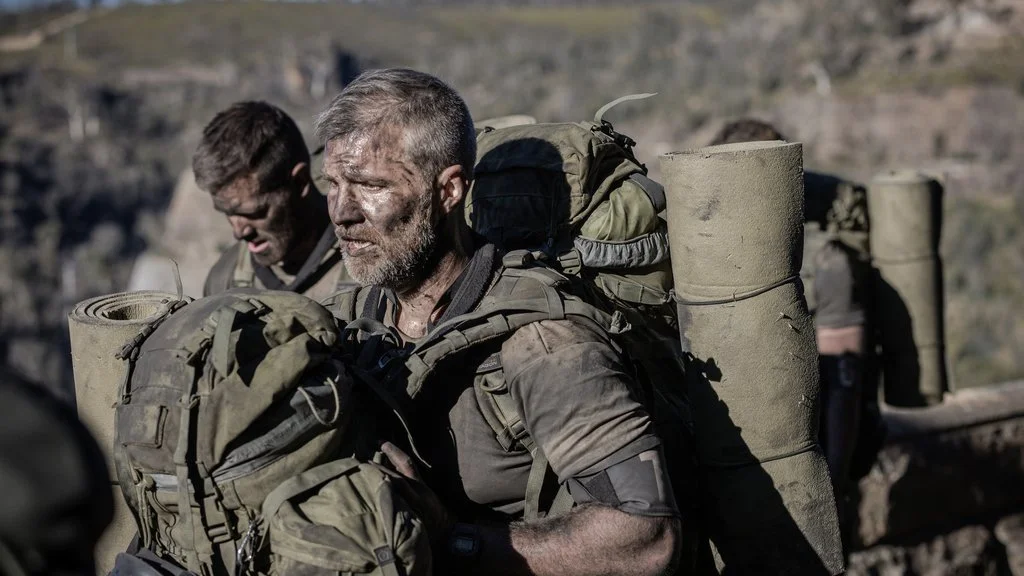GAMBLING ADDICTION: HIDDEN STRUGGLES IN AUSTRALIA
BY TANGIORA HINAKI AND ASAD KHAN
Early Exposure and Lifelong Impacts
For Daniel Muckan, a Gubbi Gubbi man from Queensland, gambling began in childhood. His father sent him to place bets at the local TAB when he was just 12 years old. What began as “easy money” soon became a destructive force.
“As soon as I started earning an income, gambling was a big chunk of that,” he said.
He described the evolution from betting on dogs and horses to the proliferation of poker machines across pubs and clubs.
Daniel Muckan, a Gubbi Gubbi man from Queensland
“They’re rampant through this state…open till four o’clock in the morning, seven days a week,” he added.
The consequences of his addiction were deeply personal. Mr Muckan admitted to losing over $30,000 annually, hiding his gambling from family, and ultimately damaging his marriage.
“I came home broke on payday,” he reflected.
Online Gambling: A New Epidemic
Mr Muckan also warned of the rapid rise of online platforms, describing them as “a worse epidemic than the pubs and clubs.
”With bank transfers and digital apps, he said, the experience feels detached from real money.
“You’re not actually handling physical cash. The wins are phenomenal, but it doesn’t feel real.”
Social media, he explained, fuels the cycle. “Scrolling through Facebook, pokie apps come up everywhere,” he said, acknowledging how difficult it is to resist temptation in 2025.
Coping Mechanisms That Destroy
Former Australian Federal Police officer Gary Fahy echoed Mr Muckan’s concerns, noting that gambling often begins as a coping strategy for deeper struggles. Fahy spent 18 years in the AFP, building a high-profile career while secretly battling depression and gambling addiction.
Fahey appeared as a contestant on SAS Australia. Credit: Remco Jansen
“Gambling is one of the most destructive coping mechanisms,” he said.
“It’s frictionless—you can do it any time, anywhere. And we often don’t see the damage until much later, when credit card bills or missed mortgage payments pile up.”
Mr Fahy described the hidden nature of addiction, where outward appearances mask internal battles. “It’s part of the escape. People look fine on the outside, but inside they’re struggling.”
The Human Cost
Mr Fahy’s own experience highlights the devastating consequences. His gambling addiction cost him $2 million, his career, his reputation, and nearly his life. “I almost lost it all,” he admitted.
Fahey is now a public speaker on gambling and mental health. Credit: Supplied
The fallout from gambling, he explained, extends beyond money. Family breakdown, lost friendships, restricted access to children, and in some cases, violence, are all downstream effects.
“It’s not just about losing money. It’s losing everything else as well,” he said.
A Call for Honesty and Change
Both men stressed the importance of honesty and open conversations about gambling harm. Mr Fahy urged families to approach struggling loved ones with curiosity rather than quick solutions.
“Often an addiction starts as a solution to a problem. If we can create safer spaces for people to speak up, we may prevent it from escalating.”
For Mr Muckan, the advice is blunt: “Don’t do it. Be honest with yourself. Be honest with someone who knows the whole truth about it.”
As gambling access continues to expand online, both voices highlight the urgent need for awareness, stronger regulation, and compassionate support systems.




